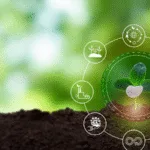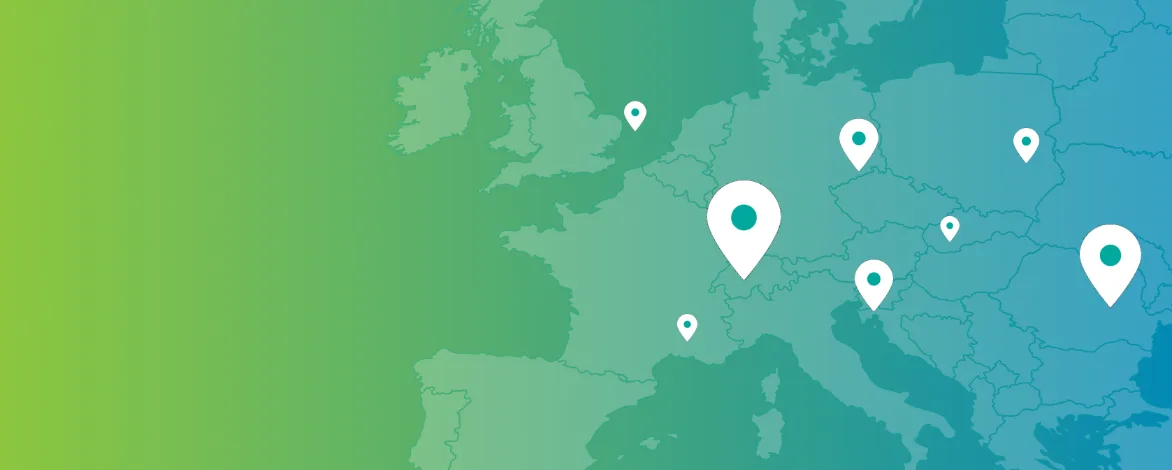Chemical industry snapshot
The priority areas of the chemical sector in Bulgaria for 2022 are related to the development and implementation of improvements of the existing technologies used and rarely for development of new environmentally friendly technologies. Previously priority given to the utilization of generated wastes and converting them to the secondary raw materials, minimizing emissions and saving energy resource; contributing to circular economy became like are sweet dream under difficult conditions for surviving after COVID -19 and energy and gas-prices jump during 2022. New installations put in operation last years in Lukoil-Neftochim, Solvay-Sodi, Svilosa and some other companies help them to overcome problems during 2022.
- As a tradition the Bulgarian chemical industry is important for the country, contributing to better productivity, gross domestic product (GDP) and a better external trade or selected products like soda ash, mineral fertilizers, petrochemicals, cellulose and some others. GDP contribution was for the period between 4-5%, when the total industrial contribution was about 28 %. The profit for some of the above mentioned chemical products In 2022 came to 38-40 %, but it is obvious that it is not due to the products produced. It was due to the price dancing and energy and gas supplier uncertainty in 2022. Soda ash, mineral fertilizers, fuels, auto oils and cellulose are keeping leading position for export. Leading companies are well known – Solvay Sodi, Lukoil-Neftochim, Agropolichim, Neochim, Svilosa and Orgachim for chemical products and AGRIA for pesticides; ZEBRA for rubber and PLASTIMO for plastics.
- All subsectors started 2022 positively, but because of COVID-19 and the energy cost and high inflation rate the market demand went down and many companies faced problems to sell the produced items;
- Unfortunately in 2022 export/import balance for basic chemicals is negative when for fuels and oils it is still positive;
- During last decade the productivity multiplied by 3 times, but the number of workers decreased;
- The sector in Bulgaria faces particular breakdowns related to employment, with an ageing workforce and the need for a better education of students;
- Long-term co-operation between the Bulgarian Chamber of Chemical Industry (BCCI) and leading companies and Universities is a precondition for better and more effective joint research pilot studies and the development and implementation of new technologies in the practice, but the contracts for new projects with participation of Universities and producing companies are not signed in 2022;
- Low administrative capacity and long term procedures of permits and other legal acts remain an obstable to efficiency and progress;
- Measures taken by the government for loans and employers conservation are positive, but not sufficient for all companies.
How are we doing?
Strengths
- The Bulgarian chemical industry is in an advantageous competitive position for soda products, fertilizers, fuels and motor oils, cellulose among others
- The COVID-19 and abnormal increase the cost of some energy and chemical raw materials made the companies more flexible and they could overcome the hard conditions up to now.
Challenges
- Need of better use of all existing local secondary resources;
- Specific energy consumption in some subsectors is still low;
- Low acceptance of chemical industry and products by the Bulgarian public and green NGOs;
- Increasing legal pressure – taxes and fees; burdensome and long procedures;
- Low level of recycling and use of plastics, paper and biodegradable wastes and lack of well-defined economical supporting measures;
- Developing plans for future periods should be open for participation to all business organizations and not closed in the ministries with limited expert capacity;
- New chlorine production using membrane technology are needed, but the two sites proposed, are not approved from state Authorities.
Our contribution to a competitive Europe
The top objective of the National Public Strategies is use of biomass from different sources – with the emphasis on wastes of different origin.
As a result of co-operation at national and EU-level, new products are expected and needed:
- New sulfur – containing complex fertilizers – some new productions have already been introduced
- New nano-products on organic and inorganic base – research has started
- New soil conditioners from industrial and agriculture wastes – already one example in the practice
- Better use of industrial wastes.
Source: National Statistical Institute for the period January-December 2015 – 2022, Ministry of Economy














